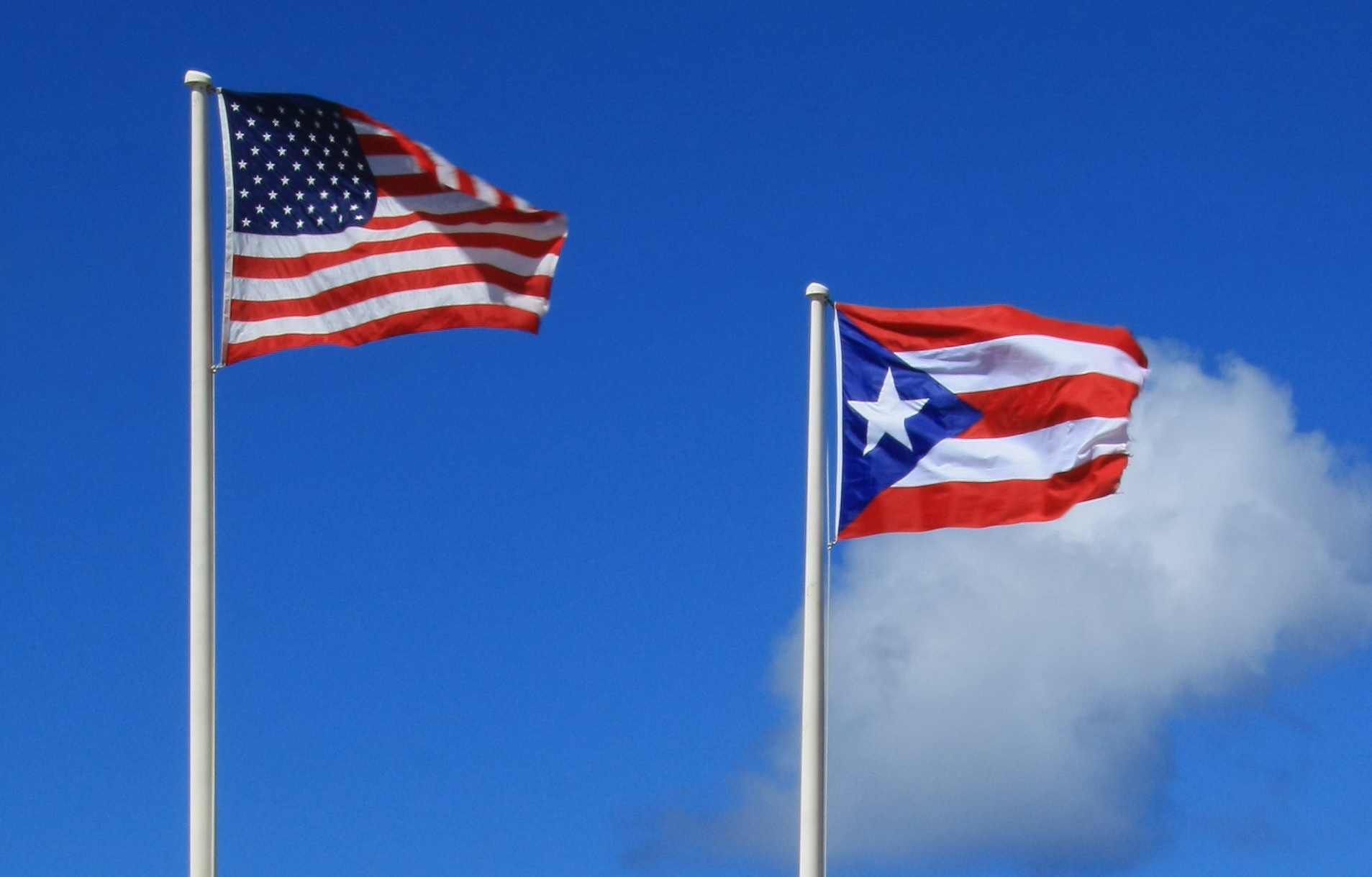Court will review Puerto Rico’s ineligibility for federal benefits program


The court on Monday morning issued orders from the justices’ private conference on Friday, Feb. 26. The justices added two cases, both involving benefits through the Social Security Administration, to their merits docket for next term.
The first case, United States v. Vaello-Madero, is a major challenge to the exclusion of Puerto Rico residents from eligibility for the Supplemental Security Income program, which provides benefits to poor people who are older or disabled. The plaintiff in the case, Jose Luis Vaello-Madero, received SSI benefits while he was living in New York, but the benefits stopped when officials learned that he had moved to Puerto Rico to care for his wife, who had her own health problems. The United States later went to court to try to recover benefits paid to Vaello-Madero after he moved to Puerto Rico. Vaello-Madero countered that the omission of Puerto Rico residents from the program violates the Constitution’s guarantee of equal protection.
The U.S. Court of Appeals for the 1st Circuit agreed, and the Department of Justice appealed to the Supreme Court in early September 2020. In a petition filed by former Acting Solicitor General Jeffrey Wall, the DOJ told the justices that the 1st Circuit’s ruling “threatens to impose billions of dollars in costs on the United States” – as much as “$23 billion over the next ten years.” Moreover, the government added, the ruling could have ripple effects for the treatment of Puerto Rico residents in other federal benefit programs, such as the school lunch program and Medicaid.
Last month, Democratic lawmakers and religious leaders urged President Joe Biden to withdraw the lawsuit and give Puerto Rico residents access to SSI benefits, but Biden’s acting solicitor general, Elizabeth Prelogar, did not take any action in the case after replacing Wall. The justices granted the government’s petition on Monday; absent any further developments, the case will likely be scheduled for oral argument in the fall.
The justices also added a second case involving benefits to their docket for next term: Babcock v. Saul, a lawsuit brought by a Michigan man who worked for over three decades as a “dual-status technician” in the state’s National Guard. David Babcock held a military rank, wore a uniform and was deployed to Iraq on active duty, but he was paid as either a federal civil servant or a member of the military, depending on the work that he performed. The question that the justices agreed to decide on Monday is whether pensions for dual-status technicians are “a payment based wholly on service as a member of a uniformed service” for purposes of a provision of the Social Security Act aimed at ensuring that retirees who receive pensions from two different systems do not receive a “windfall.”
The court called for the views of the acting solicitor general in Torres v. Texas Department of Public Safety, a lawsuit brought against the department by a former state trooper who resigned from his job when the department would not provide accommodations for a respiratory condition resulting from his service as an Army reservist in Iraq. A Texas state court ruled that the law under which Torres brought his suit, the Uniform Services Employment and Re-employment Rights Act, which allows members of the armed forces to sue to remedy employment discrimination based on their military service, is unconstitutional. On Monday the justices asked the acting solicitor general for the federal government’s views on whether Congress has the power to authorize lawsuits against states, even without their consent, pursuant to its war powers. There is no deadline for the acting solicitor general to file her brief.
The justices did not act on several high-profile petitions that they considered at last week’s conference, including the challenge to the constitutionality of a Mississippi law that bans almost all abortions after 15 weeks, a petition for review of a decision by the U.S. Court of Appeals for the 2nd Circuit holding that former President Donald Trump violated the First Amendment when he blocked people from his personal Twitter account, and the federal government’s petition to review the case of Boston Marathon bomber Dzhokhar Tsarnaev, whose death sentences the U.S. Court of Appeals for the 1st Circuit set aside.
The justices will meet again for another private conference on Friday, March 5, with orders from that conference expected on Monday, March 8 at 9:30 a.m.
This article was originally published at Howe on the Court.
Posted in Cases in the Pipeline
Cases: Babcock v. Kijakazi, Torres v. Texas Department of Public Safety, Reyes-Romero v. United States
